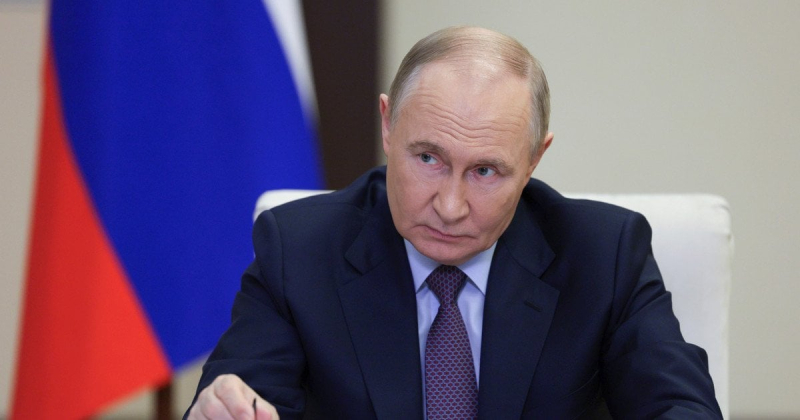Russia is trying to return to the formats of negotiations between the US and Iran, which allow control over Tehran's nuclear program through external forces.
Dictator Putin may seek to restore the diplomatic model that allowed him to control Iran's nuclear program through an intermediary.
This opinion was expressed on air by Zeev Khanin, professor of political science at Bar-Ilan University (Israel), on Espresso.
“Moscow is seeking endless negotiations between the US and Iran, as it was before. The Americans are trying to find a compromise, to exert pressure. Some believed that the Israeli strike was a form of pressure, but the effect exceeded expectations.
According to him, from Moscow's point of view, this long negotiation process can start from the point where it was interrupted. There are two scenarios that Russia considers unacceptable for itself.
The first is the signing of an agreement between the US and Iran on terms favorable to the US and Israel. For Moscow, this is a very negative option. The second is the complete destruction of Iran. Russia is not satisfied with either option,” he explained.
The professor also recalled that before the Israeli attack, Iran and the United States had almost reached an agreement.
“This was previously considered insider information, but it has been published more than once. The Iranian side initially put forward inflated demands, but later compromised. Under certain conditions, they were ready to agree.
The agreement, which suited both Iran and the United States, stipulated that Iran would retain the ability to enrich uranium, meaning that it would not be deprived of its nuclear program. But control over it, as well as over the provision and return of nuclear materials, was to be transferred to a third party. This could be either Russia or France – both countries have the necessary technology.
The process was to be managed by an external body – and it was not the IAEA. The plan was to create a consortium of representatives of interested parties. This did not suit Israel very well, but the parties almost reached an agreement,” the expert said.
According to Khanin, a meeting was supposed to take place in Oman on June 15, but it was cancelled due to a change in the Iranian negotiating team. It proposed new conditions that the US found unacceptable. In response, Donald Trump refused to continue negotiations.
“He said that he was lifting his demands and restrictions, saying, ‘do whatever you want,’ because agreements with the previous delegation were no longer possible,” the professor noted.
He concluded that now Putin can only discuss with Iran the option of returning to the old scheme if Tehran is truly interested in ending military action.
“And Russia is certainly interested in this. Note how the focus on Russian TV channels has changed: if Iran was previously portrayed as a country from hell, now it is not so bad,” Khanin added.
Earlier it was reported that on the night of June 22, the United States military attacked three nuclear facilities in Iran – in Fordow, Natanga and Isfahan.
We previously reported that on June 23, Iran fired 6 missiles at the American Al Udeid base located in Qatar.

